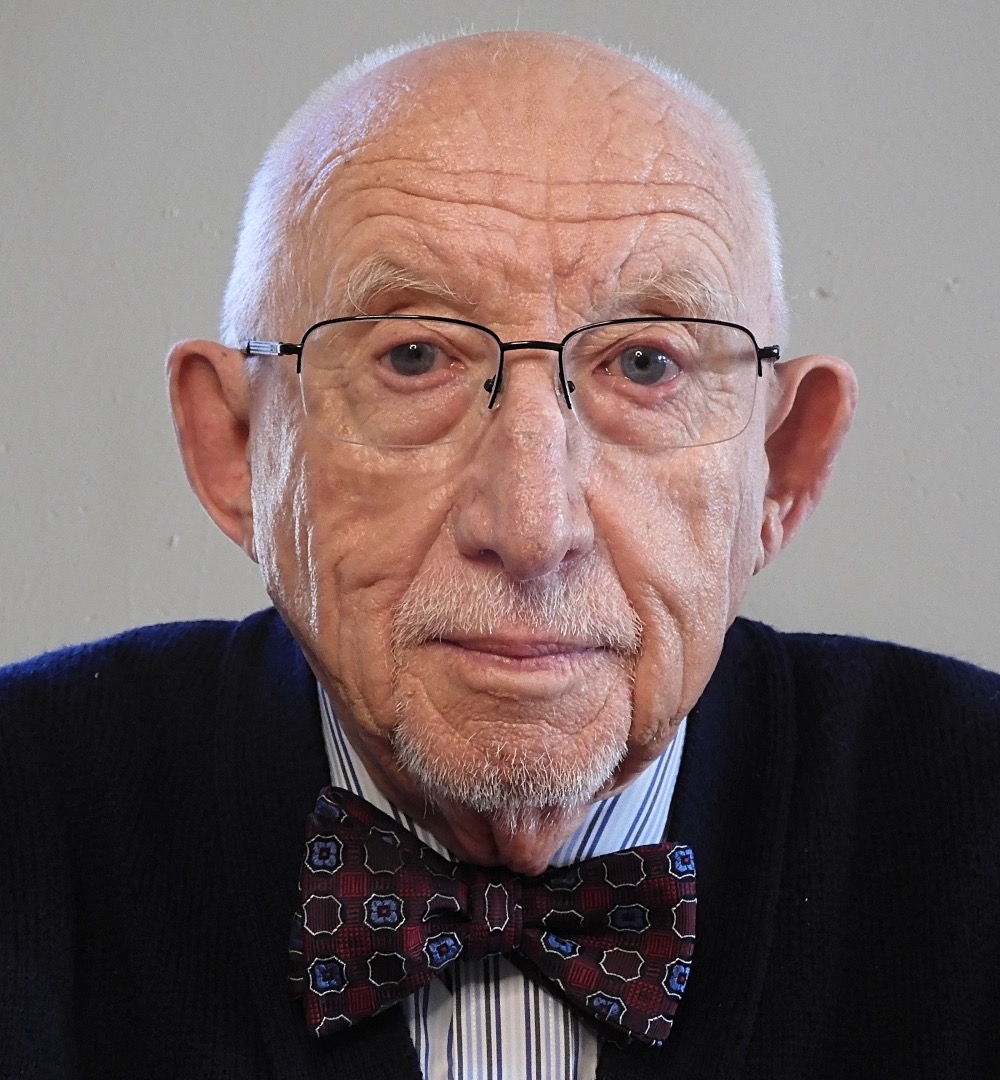Memo to presidential candidates Joe Biden and Donald Trump:
Assuming one of you will be elected president of the United States next year, many computer scientists believe you should be addressing what you think about artificial intelligence and how you plan to deal with the surge in this technology, which will break over the nation in the next president’s term.
Gentlemen, this matter is urgent, yet only a little has been heard from either of you who are seeking the highest office. President Biden did sign a first attempt at guidelines for AI, but he and Trump have been quiet on its transformative impact.
Indeed, the political class has been silent, preoccupied as it is with old and — against what will happen — irrelevant issues. Congress has been as silent as Biden and Trump. There are two congressional AI caucuses, but they have been concerned with minor issues, like AI in political advertising.
Climate change and AI stand out as game changers in the next presidential term.
On climate change, both of you have spoken: Biden has made climate change his own; Trump has dismissed it as a hoax.
The AI tsunami is rolling in, and the political class is at play, unaware that it is about to be swamped by a huge new reality: exponential change that can neither be stopped nor legislated into benignity.
Before the next presidential term is far advanced, the experts tell us that the nation’s life will be changed, perhaps upended by the surge in AI, which will reach into every aspect of how we live and work.
I have surveyed the leading experts in universities, government and AI companies and they tell me that any form of employment that uses language will be changed. Just this will be an enormous upset, reaching from journalism (where AI already has had an impact) to the law (where AI is doing routine drafting) to customer service (where AI is going to take over call centers) to fast food (where AI will take the orders).
The more one thinks about AI, the more activities come to mind that will be severely affected by its neural networks.
Canvas the departments and agencies of the government, and you will learn the transformational nature of AI. In the departments of Defense, Treasury and Homeland Security, AI is seen as a serious agent of change — even revolution.
The main thing is not to confuse AI with automation. It may resemble it, and many may take refuge in the benefits of automation, especially job creation. But AI is different. Rather than job creation, it appears, at least in its early iterations, set to do major job obliteration.
But there is good AI news, too. And those in the political line of work can use good news, whetting the nation’s appetite with the advances that are around the corner with AI.
Many aspects of medicine will, without doubt, rush forward. Omar Hatamleh, chief adviser on artificial intelligence and innovation at NASA’s Goddard Space Flight Center, says the thing to remember is that AI is exponential, but most thinking is linear.
Hatamleh is excited by the tremendous effect AI will have on medical research. He says that a child born today can expect to live to 120 years of age. How is that for a campaign message?
A good news story in AI should be enough to make campaign managers and speechwriters ecstatic. What a story to tell; what fabulous news to attach to a candidate. Think of an inaugural address that can claim AI research is going to begin to end the scourges of cancer, Alzheimer’s, Sickle cell and Parkinson’s.
Think of your campaign. Think of how you can be the president who broke through the disease barrier and extended life. AI researchers believe this is at hand, so what is holding you back?
Many would like to write the inaugural address for a president who can say, “With the technology that I will foster and support in my administration, America will reach heights of greatness never before dreamed of and which are now at hand. A journey into a future of unparalleled greatness begins today.”
So why, oh why, have you said nothing about the convulsion — good or bad — that is about to change the nation? Here is a gift as palpable as the gift of the moonshot was for John F. Kennedy.
Where are you? Either of you?


